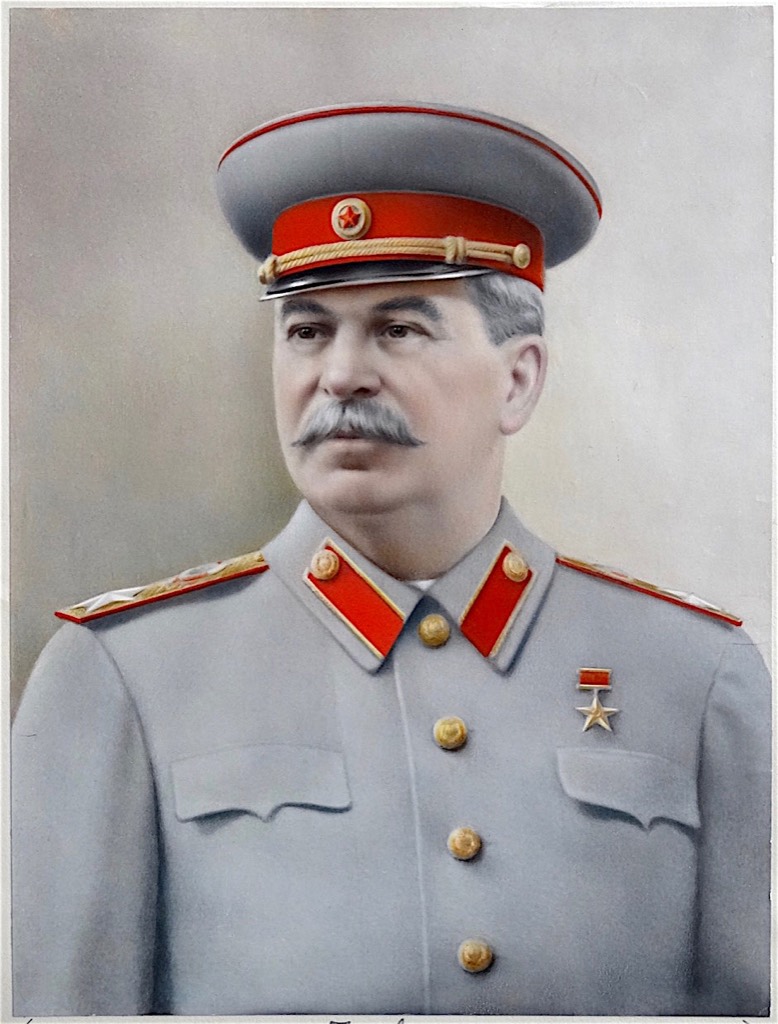
Multimedia works
Davidson’s “voice portraits” focus on the speech of individuals, accompanied with music to enhance perception of the melody and rhythm often unnoticed. When we listen to the music behind the words, we can get inside someone’s emotions and deeper unspoken meanings.

"Not Now, Not Ever!" (Gillard Misogyny Speech)
A choral setting of Australian Prime Minister Julia Gillard’s speech against misogyny in parliament. The choir backs the PM so that it sounds like she herself is singing, though no pitch manipulation has been done.

Stalin's Piano excerpts
A collection of voice portraits, deriving the music from speech, juxtaposing artists and politicians. The central figure is Maria Yudina, Stalin’s favourite pianist, even while she defied and denounced him at every turn.

The Art of Agony: Percy Grainger's speech as music
A two-piano version of a voice portrait of Percy Grainger, in which he teases the interviewer Wayne Howell on WQXR Radio, 3 August 1952. The spoken intonation of both Percy and Wayne form the musical material of the pianos.

Airwaves: 100 years of Radio - Martin Luther King
Martin Luther King’s “I have a dream” is inherently musical, and the accompaniment here enhances perception of his melody and rhythm. Airwaves works backwards from 2001 to 1901 with highlights of one hundred years of radio broadcasts, eventually finishing with Marconi’s lonely Morse code “dit dit dit” repetitions sent from St John’s Newfoundland on 12 December 1901.

We Apologise
This choral composition recreates a recorded voice purely through acoustic imitation of the slowed down audio. The original 2-second “We apologise” phrase from Prime Minister Kevin Rudd is digitally stretched to five minutes. The resulting sound is sung acoustically by the choir. When the recording of the choir, without the original audio, is sped back up again, the voice of Kevin Rudd emerges phantom-like. Rudd’s phrase was uttered as part of the historic national apology to Australia’s indigenous “stolen generations”. His short phrase is lengthened using the same proportion of time between settler Australia and indigenous Australia.

Taken
Composed with Paul Dean, Taken is a way for us to listen to members of Australia’s Stolen Generations. Davidson’s interview with Aunty Ruth Hegarty is mixed with excerpts from the “Bringing them home” report, recounting experiences of family separation resulting from government interventions.
